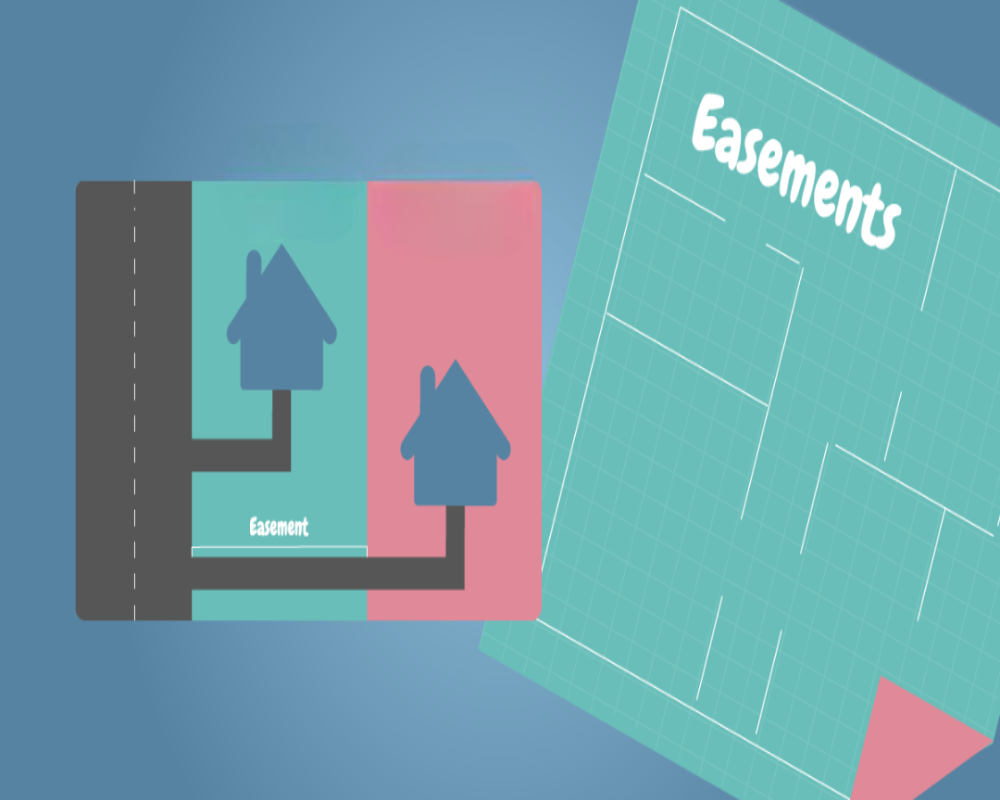1. Ensuring Access to Essential Services
Utility easements grant service providers the legal right to install and maintain infrastructure such as electricity lines, water pipes, gas lines, and communication cables on private property. This access is vital for delivering consistent and reliable services to communities. Without these easements, extending utilities to new developments would be challenging and could impede regional development
2. Influencing Land Use and Development Planning
The presence of utility easements can significantly impact how a property is developed. They often come with restrictions that prevent building permanent structures, planting large trees, or making significant alterations within the easement area. Understanding these limitations is essential during the planning phase to avoid costly modifications or legal issues later on.
3. Facilitating Maintenance and Emergency Repairs
Utility easements ensure that service providers can access their infrastructure for routine maintenance and emergency repairs without hindrance. This unimpeded access is crucial for the quick restoration of services during outages or after natural disasters, thereby minimizing disruption to residents and businesses.


